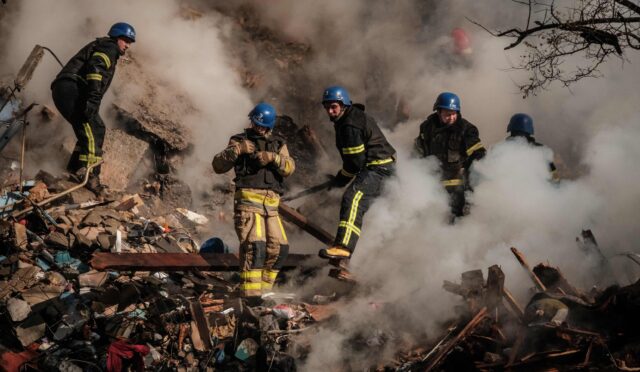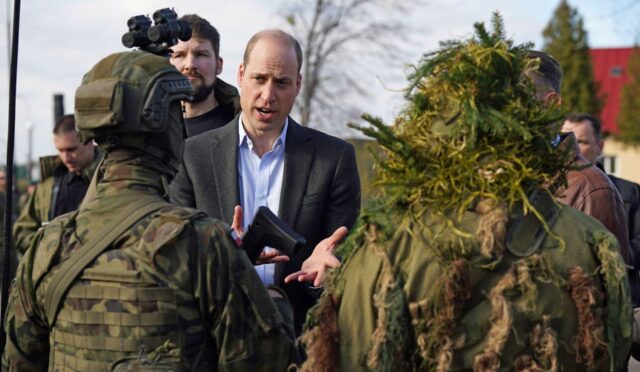Trump’s Remarks on U.S. Involvement in the Iran-Israel Conflict
In a recent interview with ABC News, President Donald Trump indicated that the United States may take a more active role in the escalating conflict between Iran and Israel. He revealed that he is open to exploring the possibility of Russian President Vladimir Putin serving as a mediator in the ongoing tensions. Trump emphasized the importance of diplomacy, stating that discussions regarding Iran’s nuclear program are still on the table, especially as Iran finds itself amidst critical confrontations with Israel.
Trump’s comments were part of a broader discussion on the current situation in the Middle East, where hostilities have intensified significantly. While maintaining that the U.S. is not currently involved in military actions, he suggested that involvement could happen in the future if circumstances change. His remarks came during an off-camera interview with ABC News correspondent Rachel Scott, which sheds light on his administration’s approach to the enduring conflict.
Putin’s Potential Role as Mediator
When discussing the potential for Putin to mediate between Iran and Israel, Trump expressed confidence in the Russian leader’s readiness to help. “He is ready. He called me about it. We had a long talk about it,” Trump stated, highlighting the ongoing dialogue between the two leaders regarding the situation in the Middle East. This openness to Russia’s involvement marks a notable shift in diplomatic strategy, aiming to seek resolution through international cooperation.
The idea of a Russian mediation draws attention to the complex dynamics of Middle Eastern politics, where various powers vie for influence. Putin’s historical ties with both Iran and Israel could provide a unique perspective, potentially leading to breakthroughs in the stalled negotiations over Iran’s nuclear ambitions. As tensions continue to rise, the urgency for a diplomatic solution becomes ever more pressing.
Escalation of Violence: Aerial Strikes Between Israel and Iran
The conflict has escalated dramatically, with Israel and Iran engaging in intense aerial strikes for the third consecutive day. Israel’s targeted assaults on Iran’s nuclear and military capabilities have triggered retaliatory responses from Tehran, resulting in increasing casualties on both sides. This cycle of violence places immense pressure on the international community to intervene and seek de-escalation.
As these confrontations evolve, Oman has played a significant role by hosting discussions concerning Iran’s nuclear deal. However, the ongoing violence has prompted the cancellation of a planned sixth round of negotiations between Iran and the United States. Despite these setbacks, Trump assured that both parties remain in communication, underscoring the complexity of the situation.
Ongoing Negotiations and Timeframes
While discussing the state of the negotiations, Trump was asked about a potential timeline for when Iran might engage more seriously. “No, there’s no deadline,” he replied, indicating that flexibility in these dialogues could be beneficial. He reiterated that both sides are eager to make a deal and are actively engaging in talks, despite the ongoing hostilities that complicate the process.
Trump’s comments suggest a belief that the current clashes may inadvertently accelerate diplomatic efforts. He mentioned that these types of confrontations could potentially serve as a catalyst for quicker agreements, stating that such events “had” to occur for discussions on a nuclear deal to gain momentum.







